Next Level Executive Function Strategies – NICOLE QUINT (Audio CD)
Description
Watch this experiential program and learn evidence-based cognitive, physical and environmental strategies to help kids and teens take their Executive Function (EF) skills to the next level!
Easily integrated into any classroom, clinic, or home, these strategies promote self-regulation to allow students to attend and recall what they are learning, and then to be able to expand into higher level executive functions throughout the day. Most importantly, you will learn how to use goal attainment scaling to take your performance building strategies to build habits and routines—the key to independence and success!
You will learn proven skill-building and power driver interventions that are quick, individualized, and easy to use! Leave the day being able to implement:
- A model of impulse control, working memory and flexible thinking as a lens for quick EF assessment and intervention
- Classroom-friendly strategies to address sensory arousal and attention to build selfregulation
- Performance focused interventions to promote organization, time management, and task completion
- Brain-based techniques to increase mental shifting, enhance memory, and rev up learning
- Strategies for sensory processing, arousal states, mindfulness and sleep to enhance recall, and increase retention of information
- Techniques to increase self-awareness, self-monitoring and problem-solving skills
- Environmental strategies to create an optimal learning landscape
This program will teach you a collaborative method of skill to performance building approaches, as well as adaptive and compensatory strategies as a “1-2 punch” to help kids and teens be proactive, socially and academically successful, with an end goal of independence! Your competence will translate to their confidence! PURCHASE NOW!
Outline:
The “Big 3” of Executive Function (EF): Impulse Control, Working Memory and Flexible Thinking
- Developmental processes to guide assessment and intervention
- Dysfunction patterns in ADHD, ASD, SPD, LD and mental health
- Impact on behaviors, reading/writing performance, and self-regulation
- Primitive brain vs. logical brain and their influence
- Trauma and risk factors
Create Neuro Connections to Optimize EF Development
- Arousal states and opening the “window of opportunity for learning”
- Vision and learning: Consequences for attention and EF
- Seating postures and relationship to attention and self-regulation
- Sleep and influence on learning, self-regulation, memory and attention
Assessment: From Essential Observations to Standardized Tools
- Easy to use process checklist to get to the core of EF needs
- Connecting the “Big 3” to attention and learning space
- Quick sleep tools to identify needs to maximize EF
- Identify the 3As and how they fluctuate throughout the day
- Video Case example: School-aged child with ADHD and SPD
Skill-Building Strategies That Get Big Results!
- Classroom-friendly strategies to address sensory arousal
- Self-talk process to promote metacognition, planning and self-management
- Mnemonics, chunking and storytelling to enhance recall and retention of information
- Systems-based approaches that help children manage materials
- Quick tips for implementing elements of martial arts, physical activity and yoga
- Video case examples: Effectively implement skill building strategies
Power Driver Interventions That Take Performance to the Next Level!
- Mindfulness: Metacognition in practice to WORK that memory techniques fail
- Self-regulation strategies with the “POWER! Batteries”
- The magic dust for building habits and routines
- Fun games to for time management and organization skills
- Brain hacks to increase mental shifting, enhance memory, and rev up learning
- Use activity analysis of evidence-based approaches to encourage EF development
Connecting the Dots to Create the Optimal Learning Landscape
- Adaptive seating to promote learning and selfregulation
- Sleep strategies to share with parents
- Positive reinforcement and systems thinking to promote organized habits
- Utilize daily observation charts and goal attainment scaling to meet goals
- 504 and IEP accommodation design strategies
- Video Case Examples: Implementing adaptation strategies
NLP online course
So what is NLP?
NLP stands for Neuro-Linguistic Programming. Neuro refers to your neurology;
Linguistic refers to language; programming refers to how that neural language functions.
In other words, learning NLP is like learning the language of your own mind!
NLP is the study of excellent communication–both with yourself, and with others.
It was developed by modeling excellent communicators and therapists who got results with their clients.
NLP is a set of tools and techniques, but it is so much more than that.
It is an attitude and a methodology of knowing how to achieve your goals and get results.
Preview Information:
Original Page
Add more Author:
Nicole R. Quint, Dr.OT, OTR/L, is a licensed occupational therapist with more than 15 years of experience specializing in working with children and adolescents struggling with executive functioning skills, sensory processing behavior and social emotional learning. Her clinical practice includes work in the hospital, home health, outpatient and school-based settings. An associate professor at Nova Southeastern University’s Department of Occupational Therapy, Dr. Quint provides instruction in both the masters and doctoral programs since 2009. She provides consulting services specific to advocacy in the schools, organizational conflict assessments, leadership, program development and evaluation, as well as innovative practice development. Her research focus includes adults with sensory processing disorder, autism and vision and sensory-based interventions.
Dr. Quint has developed programs to promote sensory processing as a foundation for learning, social emotional learning and development to promote performance in all areas. She has an expansive presence in local, state and national conference platforms, including Region 7 South Occupational Therapy Group; Florida Occupational Therapy Association (FOTA); American Occupational Therapy Association (AOTA); Section on Pediatrics Annual Conference; Academy of Pediatric Physical Therapy Annual Conference (SoPAC, APPTA); as well as presenting at the Canadian Occupational Therapy Association Conference in 2018.
Dr. Quint heads the Making Sense of SPD Parent Support Group in Davie, FL, which works toward education, advocacy and support for families living with SPD. She is the co-creator of It Just Makes Sense, a grant-funded professional development program for the occupational and physical therapists working in Broward County Public Schools, the sixth largest school district in the nation. Dr. Quint is completing her Ph.D. in conflict analysis and resolution, focusing on conflict related to disabilities and systems, including special education, legal systems, and health care.
Speaker Disclosures:
Financial: Nicole Quint is an associate professor at Nova Southwestern University. She is a speaker who receives an honorarium for PESI, Inc.
Non-financial: Nicole Quint is a member of the American Occupational Therapy Association; Florida Occupational Therapy Association; and the Caribbean Occupational Therapy Association.
More Course: NLP – HYPNOSIS – PHILOSOPHY
Outstanding Course:Pathway to Healing: A Trauma Recovery Program by David Berceli


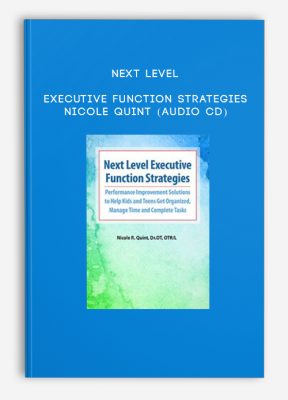
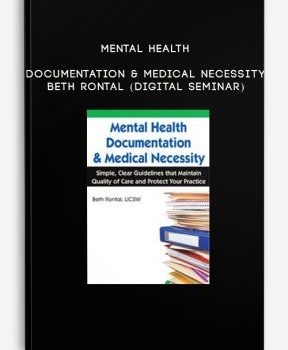
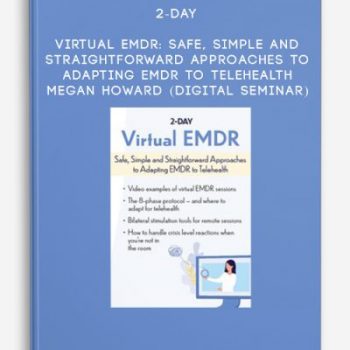
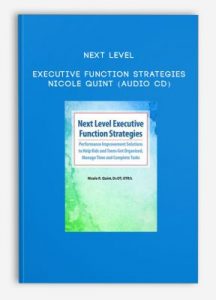
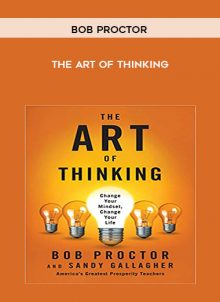

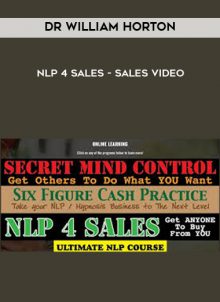
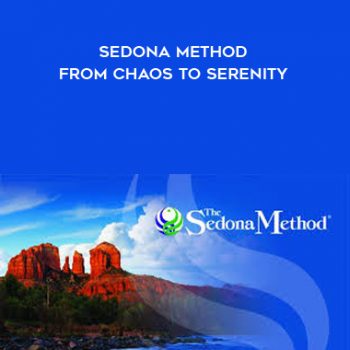

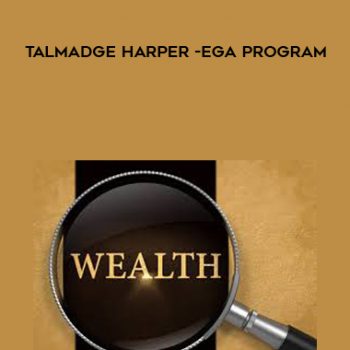
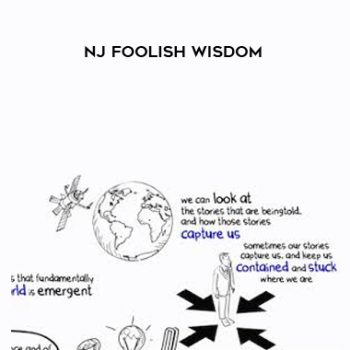

Lord –
This is Digital Download service, the course is available at Coursecui.com and Email download delivery.